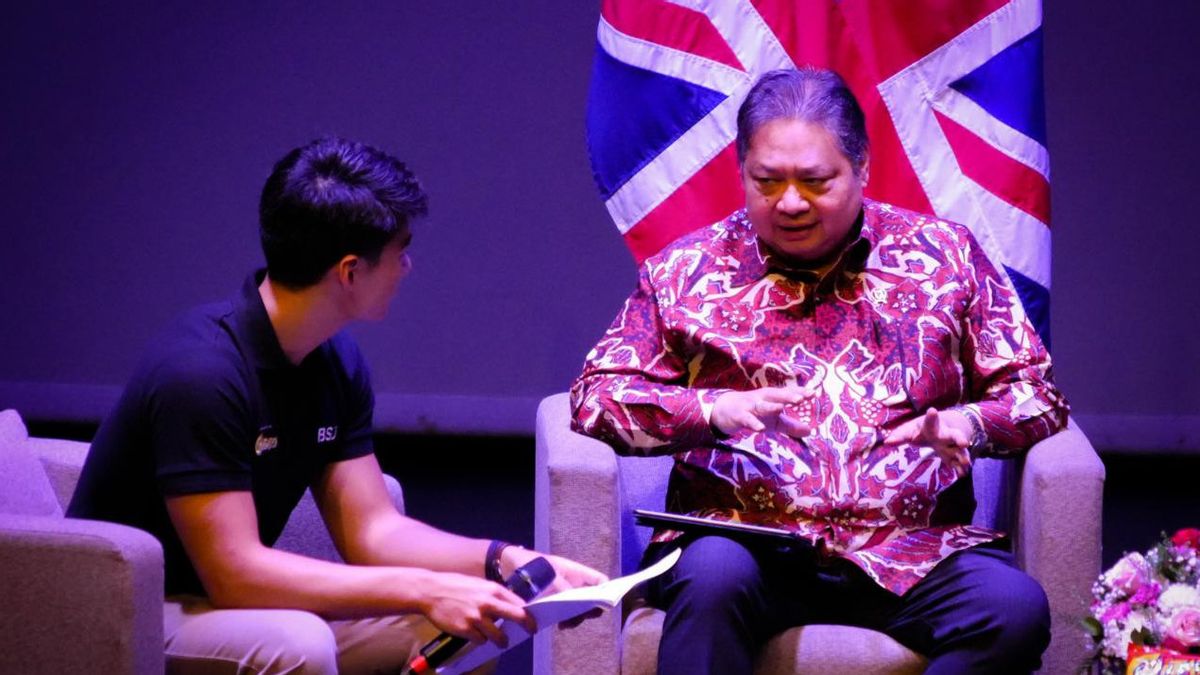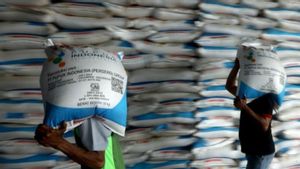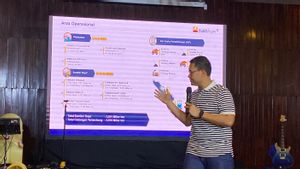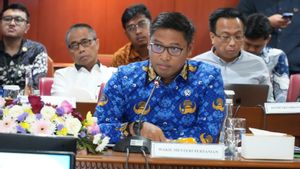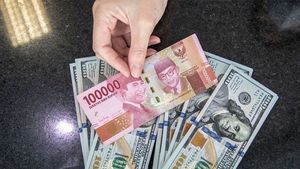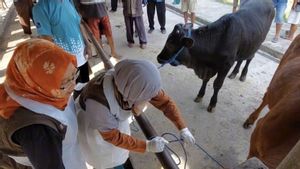Coordinating Minister for the Economy Airlangga Hartarto said the government continues to strive to move various economic machines so that they can continue to function continuously in the future in achieving growth targets.
According to Airlangga, conventional economic machines need to be revitalized and maximized so that they can encourage increased productivity and investment, as well as new economic machines need to continue to be explored in order to be able to become future growth accelerators.
"Indonesia is currently developing a digital ecosystem to become one of the new growth machines," he said in an official statement, Saturday, November 30.
Airlangga said the potential for superior digital sector in Indonesia was shown by the number of mobile phone holdings circulating in the community of up to 353.3 million, active internet users as many as 185.3 million in early 2024, to the largest startup ownership in ASEAN to 2,651 startups.
In addition, in the financial sector, Indonesia's Financial Inclusion Index in 2024 is around 75 percent which indicates that most people have used digital technology, especially related to financial needs.
"These various digital potentials certainly need to be utilized optimally in order to encourage more solid economic growth," he explained.
Airlangga said Indonesia's opportunity to enter the digital era was very open, and because of Indonesia's digital economy 40 percent of ASEAN. So Indonesia's leadership in ASEAN has also been launched with the Digital Economic Framework Agreement.
"This is the first agreement for a digital ecosystem around the world," he said.
Airlangga also explained that as the first project, Indonesia and ASEAN countries also launched a cross-border payment system in ASEAN using QR Code technology or Quick Response Code Indonesian Standard (QRIS).
"This effort will make it easier for people who will travel to ASEAN countries, such as Singapore, Vietnam, Malaysia, and Thailand, to be able to make electronic transaction payments," he explained.
Furthermore, related to the development of startups in the midst of an increasingly competitive era today, Airlangga said the need for developing capabilities to innovate and provide alternatives to developed businesses.
For this reason, he continued, the government continues to seek educational and training facilities, which cooperate with various educational institutions such as the Apple Academy which has been opened in Tangerang, Batam, and Surabaya.
SEE ALSO:
The Apple Academy was established to facilitate students and the younger generation who are interested in entrepreneurship in the digital field by providing one-year training to encourage the younger generation to be creative in producing work programs.
Most of Indonesia's digital startup development is based on English. Now that's the advantage of Indonesia's digitalization. This sector's annual growth has doubled, 16 to 18 percent," he explained.
"And the sectors, e-commerce, logistics, travel, and payments, are at the forefront of Indonesia's digitization. So I think Indonesia is hereby targeting these sectors to facilitate and accelerate the development of the Indonesian economy," he continued.
By considering these various digital potentials, he continued, the government also continues to develop digital infrastructure to support the development of the digital economy through the use of the Palapa Ring optical fiber network which connects 57 regencies/cities in Indonesia, the Satria Sultifunction Satellite, and the Satellite Fly Orbit.
"In the future, the Government will be more aggressive in providing adequate digital infrastructure in order to allow all regions to be well connected," he said.
The English, Chinese, Japanese, Arabic, and French versions are automatically generated by the AI. So there may still be inaccuracies in translating, please always see Indonesian as our main language. (system supported by DigitalSiber.id)
